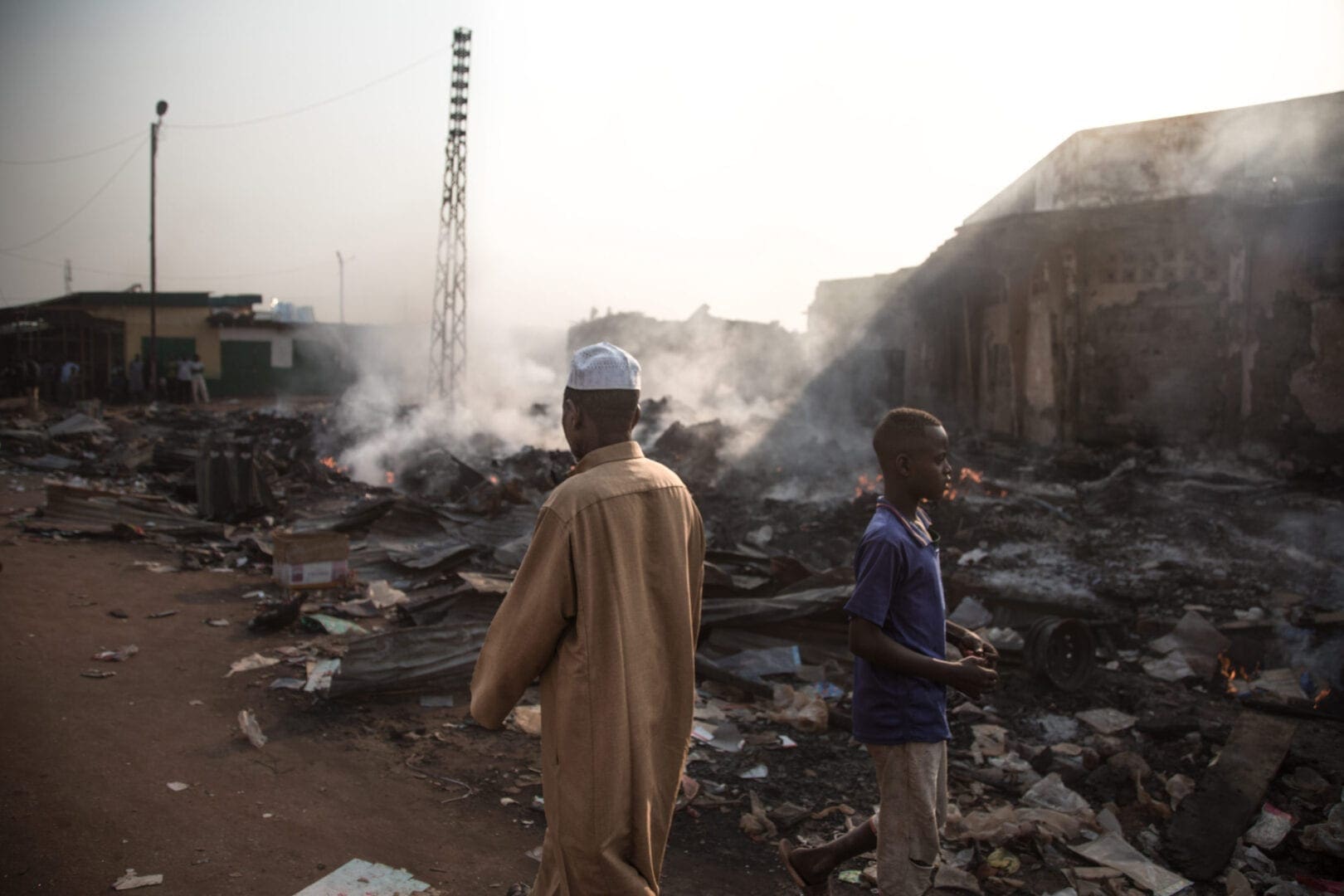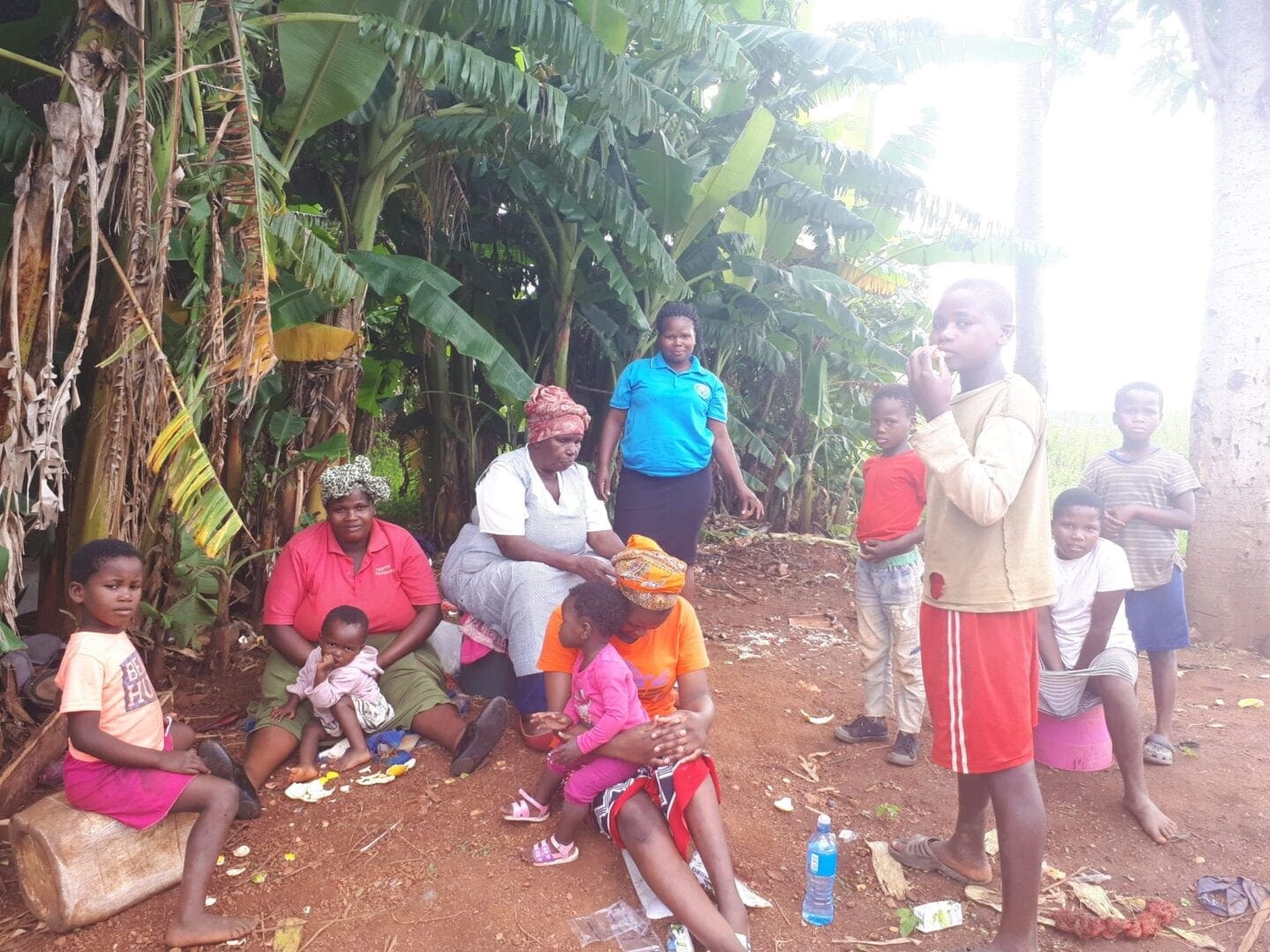The following information is based on the Amnesty International Report 2021/22. This report documented the human rights situation in 149 countries in 2021, as well as providing global and regional analysis. It presents Amnesty International’s concerns and calls for action to governments and others.
ESWATINI 2021
The government launched a brutal crackdown on human rights in response to pro-democracy and anti-police brutality protests. Repressive laws were used to silence dissent and crack down on peaceful protesters, including children. Violence against women and girls increased under Covid-19 restrictions. Consensual same-sexual conduct remained a criminal offence. Hundreds of families remained at risk of forced eviction.Freedom of expression and assembly
In May, the government launched a brutal crackdown on human rights in response to ongoing protests demanding an end to police brutality and calling for democratic reform. The protests were sparked by the suspicious death of 25-year-old law student Thabani Nkomonye, allegedly at the hands of Royal Eswatini Police Service officers. They were led by young activists, human rights defenders, and civil society and political groups who demanded an end to years of political repression.1 The authorities used repressive laws, including the 1938 Sedition and Subversive Activities Act and the 2008 Suppression of Terrorism Act, to silence critics. Journalists, human rights defenders and political activists were prosecuted and jailed; they lived in fear of reprisals for speaking out against repression. By October, over 1,000 people, including 38 children, had been arbitrarily arrested. MPs Mduduzi Bacede Mabuza and Mthandeni Dube were arrested on 25 July, since when they have been held on trumped-up charges and denied bail.2 The Eswatini Communications Commission ordered network providers and telecommunications to shut down the internet on 29 July and again on 15 October.3Excessive use of force
Thousands of peaceful protesters were violently dispersed by army and police personnel who used live ammunition, rubber bullets and tear gas (see above, Freedom of expression and assembly). More than 80 people had been killed by October and over 200 people were injured, some severely. Dozens of those injured during June and July were left with permanent disabilities, compounding the already dire economic, social and cultural situation of many EmaSwati people. Hospitals were overwhelmed by the surge in demand and there were widespread reports of police and army officers coercing medical staff to hand over evidence such as bullets removed from protesters’ bodies.Discrimination
Gender-based violence
Incidents of gender-based violence persisted and one in three women had experienced such abuse by the age of 18; 48% of women reported having experienced some form of sexual violence. The 2018 Sexual Offences and Domestic Violence Act was not enough on its own to combat violence against women and girls, especially when economic conditions and social and cultural norms posed a continual barrier to justice and largely enabled perpetrators to act with impunity. Covid-19 lockdown measures hindered survivors’ access to support services and justice mechanisms and increased the risk of violence. Girls were particularly affected due to school closures resulting in rising numbers of teenage pregnancies.LGBTI people’s rights
Consensual same-sex sexual conduct remained a criminal offence. The High Court failed to issue its judgment more than one year after hearing a petition from the Eswatini Sexual and Gender Minorities advocacy group which challenged the Registrar of Companies’ 2019 decision to refuse its application to register as an organization. In rejecting the application, the Registrar had argued that consensual same-sex sexual acts were “unlawful” and “unnatural”.Economic, social and cultural rights
Forced evictions
Forced evictions, instigated by landowners who were taking steps to regain their land, continued to threaten the right to adequate housing of hundreds of EmaSwati families. Marginalized groups such as widows, or families where households were headed by children or women, were the most affected; they were more likely to have insufficient means to challenge evictions. Those under threat of imminent eviction were particularly disadvantaged by the deeply flawed land governance system. Residents’ legal challenges to evictions had been ongoing since 2014 in Gege and 2019 in Sigombeni; they were continually shuffled between ministries, chiefdoms and courts, delaying justice. In July and September, communities in Velezizweni and in Ntontonzi, respectively, were threatened with eviction, affecting 130 families.Relevant Links
- Eswatini: Authorities Launch Brutal Assault on Human Rights with Crackdown on Dissent (Index: AFR 55/4247/2021), 7 June
- “Eswatini: Authorities must drop trumped-up charges against MPs and release them immediately and unconditionally”, 29 July
- “Eswatini: Detained MPs must be immediately released and all charges against them dropped”, 19 October
- For more information visit the Amnesty.org Country page


